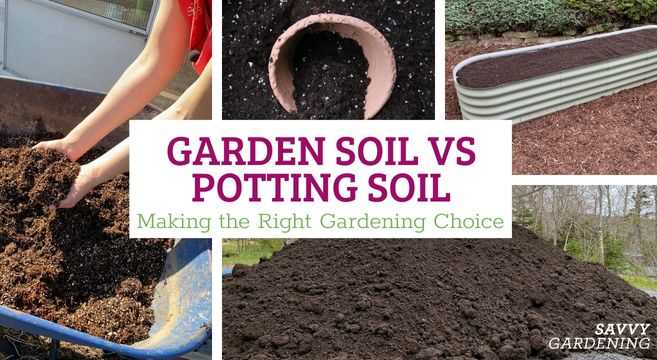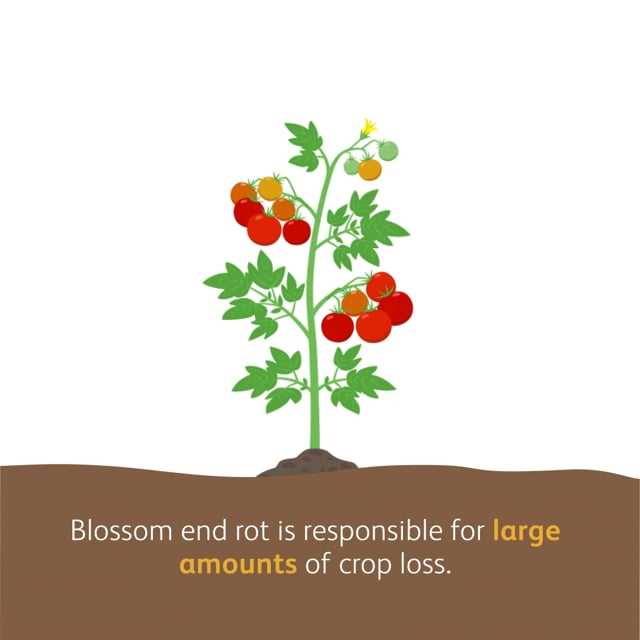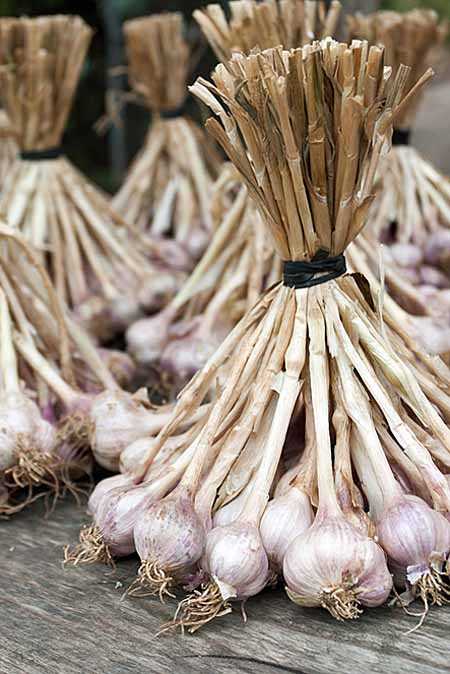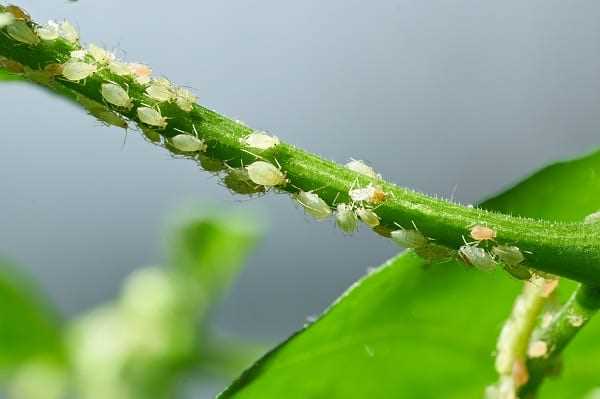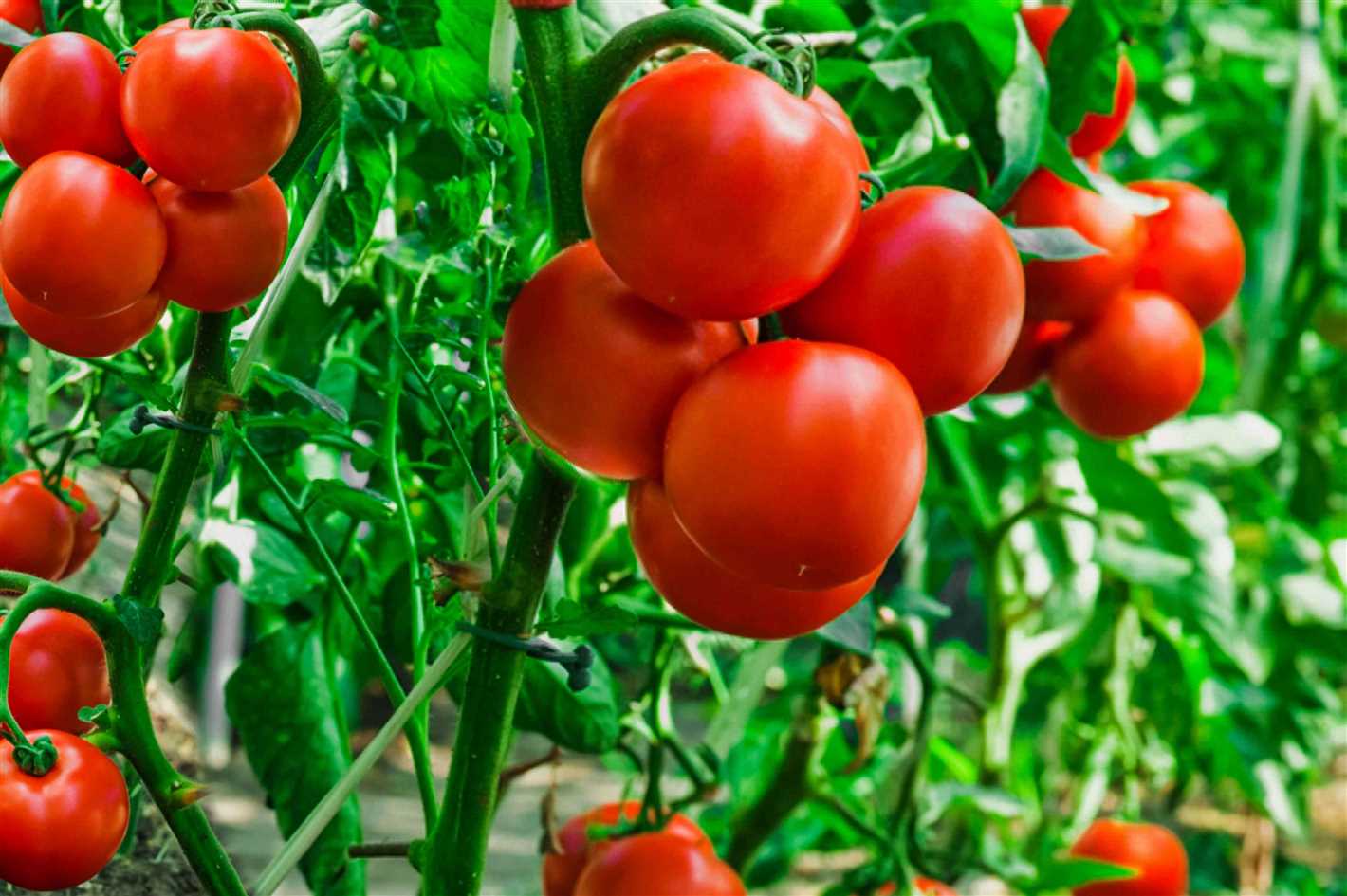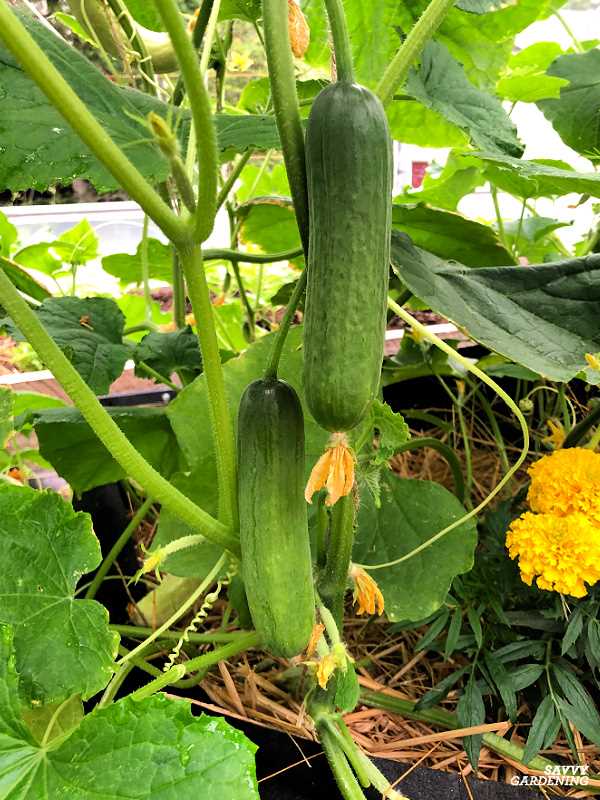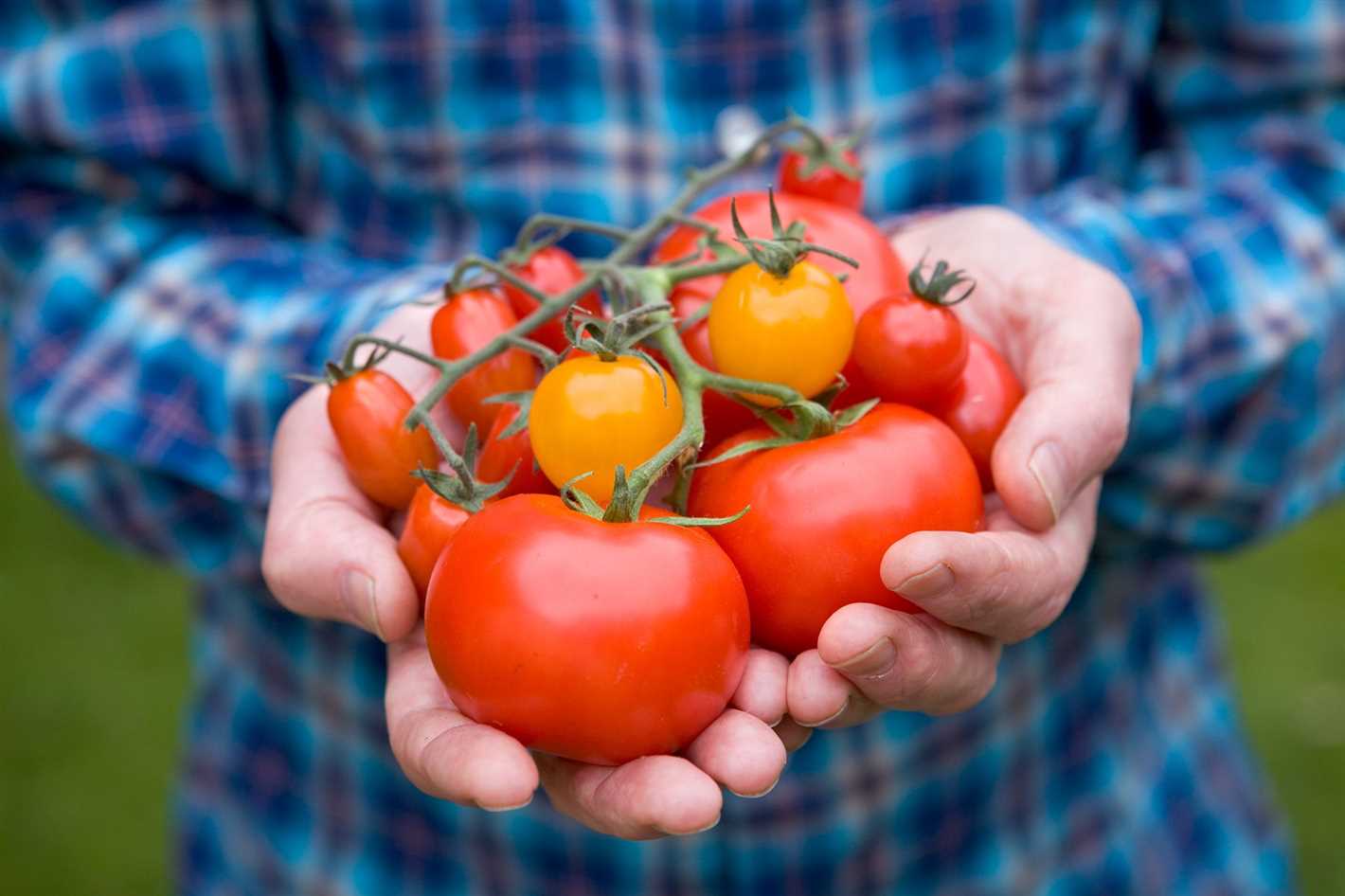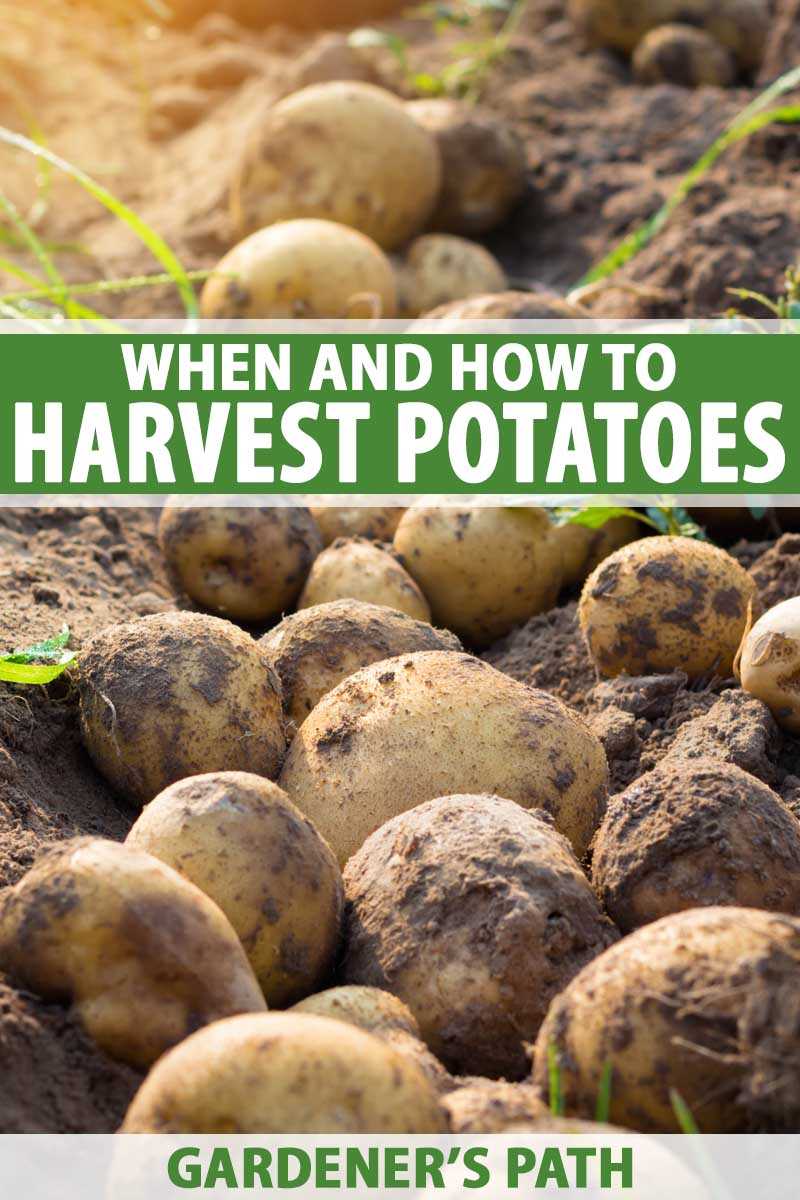- Why Household Soap is Essential for Gardeners
- 1. Insect Control
- 2. Disease Prevention
- 3. Weed Control
- 4. Soil Treatment
- 5. Organic Gardening
- How Household Soap Can Help Remove Pests
- 1. Soap as a Natural Insecticide
- 2. Soap as a Repellent
- 3. Precautions
- The Benefits of Using Household Soap as a Weed Killer
- Household Soap: A Natural and Eco-Friendly Alternative to Chemical Fertilizers
- The Benefits of Using Household Soap in the Garden
- How to Use Household Soap in the Garden
- Precautions When Using Household Soap
- How to Make Homemade Insecticidal Soap with Household Soap
- What you’ll need:
- Instructions:
- How to use:
- Tips and precautions:
- Using Household Soap to Protect Plants from Disease
- How Soap Works
- Using Soap as a Preventive Measure
- Using Soap to Treat Plant Diseases
- Precautions
- Conclusion
- Household Soap: A Versatile Tool for Cleaning Garden Tools
- Why Use Household Soap?
- How to Clean Garden Tools with Household Soap
- Additional Tips
- Conclusion
- “Question-Answer”
- What is household soap and how can it be used in gardening?
- Can household soap be harmful to plants?
- Are there any organic alternatives to household soap for gardening?
- How often should household soap be used in gardening?
- Can household soap be used on all types of plants?
- Are there any precautions to take when using household soap in gardening?
- “Video” Deadheading Is Your Secret Weapon For INSANE Flower Blooms!
Gardening is a labor of love. Whether you have a small balcony garden or a sprawling backyard oasis, there’s something incredibly satisfying about watching plants grow and flourish under your care. But just like any other love affair, gardening has its challenges. Pests, diseases, and weeds can wreak havoc on your precious plants, leaving you feeling frustrated and defeated. But fear not, fellow gardeners, because there’s a secret weapon that can help you overcome these obstacles: household soap.
Soap has been used for centuries as a cleaning agent, but its benefits in the garden are often overlooked. The key lies in the soap’s ability to break down the outer layer of insects, suffocating them and ultimately leading to their demise. Whether it’s aphids, mealybugs, or spider mites, a simple solution of soap and water can help rid your plants of these unwanted visitors.
Not only is soap a powerful weapon against pests, but it’s also effective against diseases and fungal infections. By using a soap spray on affected plants, you can prevent the spread of diseases such as powdery mildew and black spot. The soap acts as a surfactant, reducing the surface tension of water and making it easier to coat the plant’s leaves and stems with the solution. This, in turn, allows the soap to penetrate the protective layers of fungi and bacteria, effectively killing them.
But soap’s benefits don’t stop there. It can also help control weeds, making it an essential tool in every gardener’s arsenal. When applied to weed leaves, soap disrupts the cell membranes and dehydrates the plants, leading to their demise. By using a soap solution as a weedkiller, you can eliminate pesky weeds without resorting to harmful chemicals that can harm the environment and your plants.
So the next time you find yourself battling pests, diseases, or weeds in your garden, don’t overlook the power of household soap. With its ability to combat insects, control diseases, and eliminate weeds, it truly is the secret weapon that every gardener should have in their toolkit.
Why Household Soap is Essential for Gardeners
Gardening can be a rewarding and enjoyable hobby, but it also comes with its fair share of challenges. From dealing with pests to preventing diseases, gardeners are constantly searching for effective solutions to keep their plants healthy and thriving. One such solution that is often overlooked is household soap. While it may seem like a simple household item, soap can be a secret weapon for gardeners and provide a range of benefits.
1. Insect Control
Soap is a natural and safe way to control insects in the garden. When mixed with water and sprayed on plants, it can suffocate and kill pests such as aphids, mealybugs, and spider mites. Soap works by disrupting the pests’ cell membranes, causing them to dehydrate and die. Regularly using soap spray can help keep your garden insect-free without the need for harmful chemical pesticides.
2. Disease Prevention
Garden plants are susceptible to various diseases caused by fungi, bacteria, and viruses. Fortunately, soap can help prevent the spread of these diseases. When used as a foliar spray, soap can effectively kill the pathogens on the plant’s surface, reducing the risk of infection. It is especially useful for preventing fungal diseases like powdery mildew and black spot.
3. Weed Control
Weeds can be a nuisance in any garden, competing for nutrients, water, and sunlight with your desired plants. Household soap can be a useful tool for managing weeds. By spraying a solution of soap and water directly on the weeds, it can help to desiccate and kill them. However, it’s important to note that soap can also harm your desired plants, so use it with caution and avoid spraying it on them.
4. Soil Treatment
Soap can also be used to treat certain soil problems. For example, if your soil is heavy and contains high amounts of clay, adding soap can help improve its drainage and aeration. Soap works by breaking down the surface tension of water, allowing it to penetrate the soil more easily. Additionally, soap can be used to remove grease and oil stains from gardening tools and pots.
5. Organic Gardening
If you’re an organic gardener, using household soap aligns with your principles. Soap is a natural and non-toxic alternative to synthetic chemical pesticides and herbicides, making it a key part of organic gardening practices. By incorporating soap into your gardening routine, you can keep pests and diseases at bay while maintaining an environmentally-friendly approach.
Overall, household soap is a versatile and essential tool for gardeners. Its insecticidal, fungicidal, and herbicidal properties make it an effective and safe option for controlling pests, preventing diseases, managing weeds, and improving soil. So next time you’re in the garden, don’t forget to grab a bottle of household soap!
How Household Soap Can Help Remove Pests
Household soap is not just useful for cleaning dishes or washing hands. It can also be a powerful weapon in the fight against pests in your garden. By using simple soap solutions, you can effectively control and get rid of pests without harming the environment or your plants.
1. Soap as a Natural Insecticide
Soap is an excellent natural insecticide because it disrupts the cell membranes of pests, causing them to dehydrate and die. By using a soap solution, you can control a wide range of common garden pests, including aphids, spider mites, whiteflies, and mealybugs.
To make a soap solution, mix 1-2 tablespoons of household soap in a gallon of water. It is important to use a mild, liquid soap that does not contain any additives like fragrance or bleach. Shake the solution well and spray it on the affected areas of your plants. Be sure to cover both the upper and lower surfaces of the leaves, as well as the stems.
2. Soap as a Repellent
In addition to its insecticidal properties, household soap can also act as a repellent against certain pests. For example, soapy water can repel slugs and snails, preventing them from damaging your plants. To create a repellent solution, mix 2 tablespoons of liquid soap in a gallon of water. Spray the solution around the base of your plants and on any potential entry points, such as fences or walls.
3. Precautions
While soap is a safe and effective tool for pest control, it is important to use it properly to avoid any negative effects on your plants. Here are some precautions to keep in mind:
- Test the soap solution on a small area of your plant before applying it extensively to ensure that it does not cause any damage.
- Avoid using soap solutions on plants with delicate or sensitive foliage, as they may be more prone to damage.
- Avoid spraying the soap solution on hot, sunny days, as it can cause the leaves to burn.
- Rinse your plants with water after using a soap solution to remove any residue.
- Do not use soap solutions on edible parts of the plants that you will be consuming.
By using household soap as a natural pesticide, you can effectively control pests in your garden while minimizing the use of harsh chemicals. Give it a try and see the difference it can make in keeping your plants healthy and pest-free!
The Benefits of Using Household Soap as a Weed Killer
Household soap is not only great for cleaning your home, but it can also be a powerful weapon in your battle against weeds in your garden. Here are some of the benefits of using household soap as a weed killer:
- Eco-friendly: Unlike chemical weed killers, household soap is a natural and environmentally friendly alternative. It does not contain harmful toxins that can leach into the soil or water supply.
- Safe for plants: Household soap is gentle enough to not harm your plants while effectively killing weeds. It does not have the same detrimental effects as chemical herbicides.
- Readily available: Household soap is easily accessible and can be found in most households. You don’t need to spend extra money on specialized weed killer products.
- Easy to use: Using household soap as a weed killer is simple. Just mix a small amount of liquid soap with water in a spray bottle and apply it directly to the weeds. It can be used to target specific areas without affecting surrounding plants.
- Cost-effective: Opting for household soap as a weed killer is a budget-friendly choice. You can save money by using something you already have on hand instead of purchasing expensive commercial products.
- Less harmful to pets and children: Chemical herbicides can be dangerous if ingested by pets or young children. Household soap is a safer alternative that poses less risk to their health.
In conclusion, household soap can be an effective and environmentally friendly weed killer. It is safe for plants, easy to use, readily available, and cost-effective. Consider using household soap in your gardening routine to keep your garden weed-free without harming the environment.
Household Soap: A Natural and Eco-Friendly Alternative to Chemical Fertilizers
Chemical fertilizers are commonly used in gardening to provide plants with essential nutrients for growth. However, these fertilizers often contain harmful chemicals that can have negative effects on the environment and human health. Fortunately, there is a natural and eco-friendly alternative to chemical fertilizers – household soap.
The Benefits of Using Household Soap in the Garden
Household soap, such as liquid dish soap or vegetable-based soap, can provide several benefits to gardeners:
- Gentle on Plants: Unlike chemical fertilizers, household soap is gentle on plants and does not cause damage or burn the foliage. It can be safely used on a variety of plants, including flowers, vegetables, and herbs.
- Improved Nutrient Uptake: Soap can help improve the uptake of nutrients by plants. When soap is applied to the soil, it can break down organic matter, making nutrients more accessible to plant roots.
- Pest Control: Household soap can also be used as an effective insecticide. When mixed with water, soap can suffocate and kill pests like aphids, mites, and whiteflies.
- Environmentally Friendly: Using household soap in the garden is an eco-friendly choice. Soap is biodegradable and does not pose a threat to the environment or pollute water sources.
How to Use Household Soap in the Garden
Using household soap in the garden is simple and easy. Here are some ways you can incorporate soap into your gardening routine:
- Soil Drench: Mix one teaspoon of liquid dish soap with one gallon of water and pour the mixture around the base of plants. This will help improve nutrient uptake and keep plants healthy.
- Homemade Insecticide: Mix two tablespoons of liquid dish soap with one quart of water in a spray bottle. Spray the solution on plants affected by pests, making sure to target both the tops and undersides of leaves.
- Household Soap as a Fertilizer: Instead of using chemical fertilizers, you can use a mild dilution of liquid dish soap mixed with water to provide nutrients to your plants. Apply the mixture to the soil once a month.
Precautions When Using Household Soap
While household soap is generally safe to use in the garden, there are a few precautions to keep in mind:
- Proper Dilution: Always follow the recommended dilution ratios when using soap in the garden. Using too much soap can be harmful to plants.
- Avoid Harmful Ingredients: Choose a mild and natural soap without harsh chemicals or synthetic fragrances. Look for soaps that are biodegradable and environmentally friendly.
- Test on a Small Area: Before applying soap to your entire garden, test it on a small area of plants to ensure they do not have any negative reactions.
By using household soap as a natural and eco-friendly alternative to chemical fertilizers, you can promote healthy plant growth while reducing your impact on the environment. Give it a try in your garden and see the benefits for yourself!
How to Make Homemade Insecticidal Soap with Household Soap
Making your own insecticidal soap using household soap is a great way to control common garden pests without the use of harsh chemicals. With just a few simple ingredients, you can create a natural and effective solution to keep your plants healthy and pest-free.
What you’ll need:
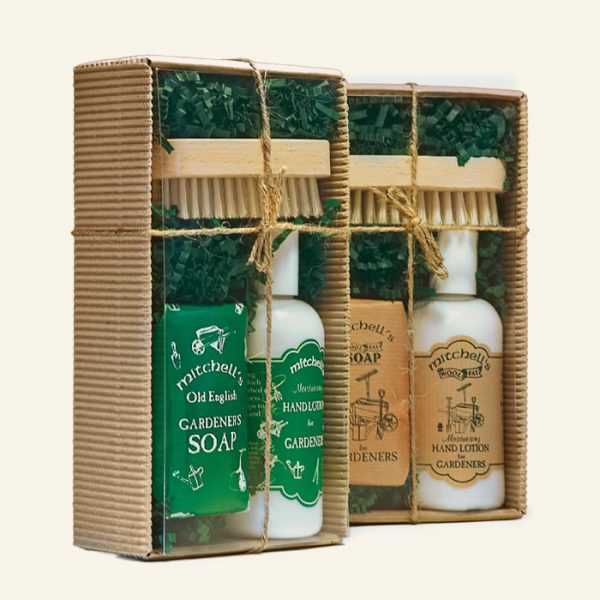
- A bar of household soap (avoid using scented or moisturizing soaps)
- Water
- A spray bottle
Instructions:
- Grate or finely chop the soap into small pieces.
- Add 1 tablespoon of soap flakes to 1 quart of warm water.
- Stir the mixture until the soap flakes dissolve completely.
- Pour the solution into a spray bottle.
- Shake the spray bottle well before each use to ensure the soap is evenly distributed.
How to use:
To use your homemade insecticidal soap, simply spray the solution directly onto the affected plants, making sure to coat both sides of the leaves. Repeat every 7-10 days or as needed.
It’s important to note that insecticidal soap works best on soft-bodied pests such as aphids, mites, and whiteflies, but may not be as effective against larger insects or pests with a hard exoskeleton. Additionally, it’s always a good idea to test the solution on a small section of the plant before applying it to the entire plant to ensure there are no adverse effects.
Tips and precautions:
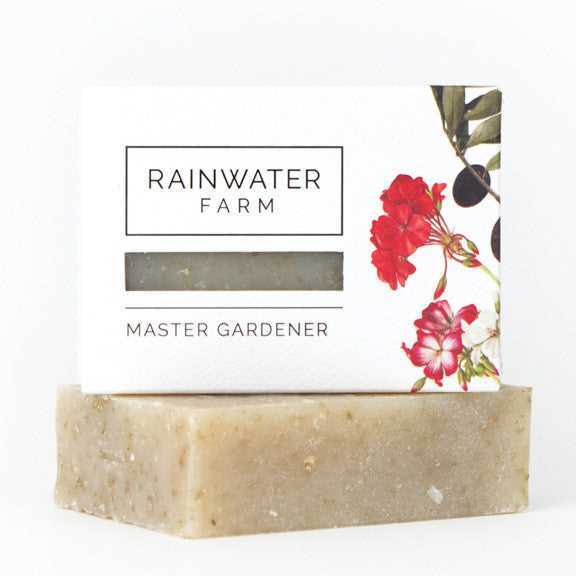
- Avoid spraying the solution on hot or sunny days, as this can cause the soap to dry too quickly and potentially damage the leaves.
- Do not use insecticidal soap on plants with delicate or sensitive foliage, as it may cause leaf burn.
- Keep the spray bottle labeled and out of reach of children and pets.
- Store any leftover solution in a cool, dark place for future use.
By making your own insecticidal soap with household soap, you can take control of your garden’s pest problems in an affordable and environmentally-friendly way. Give it a try and enjoy a healthier, happier garden!
Using Household Soap to Protect Plants from Disease
Household soap is not just useful for cleaning dishes and washing hands – it can also be a secret weapon for protecting your plants from disease. Soap has been used as a natural pest control method for centuries, and its effectiveness in preventing and treating plant diseases has been well-documented.
How Soap Works
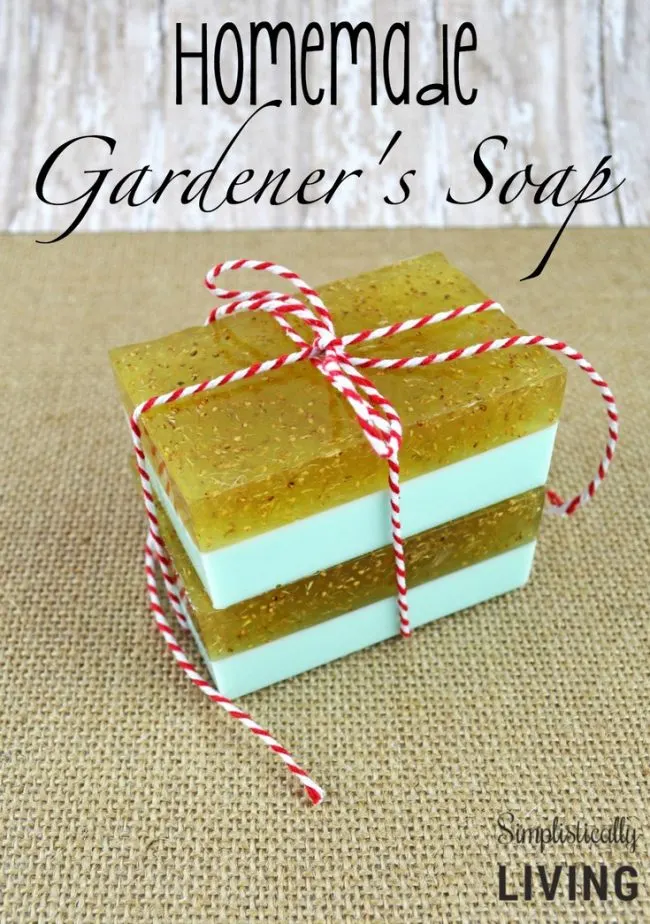
Soap works by disrupting the cell membranes of insects and other pests, causing them to dehydrate and die. Similarly, when it is used as a spray on plants, soap can help control and prevent the spread of fungal and bacterial diseases by breaking down the protective cell walls of these pathogens.
Using Soap as a Preventive Measure
To protect your plants from disease, you can use soap as a preventive measure. Prepare a soap solution by mixing one to two tablespoons of liquid soap with one gallon of water. Use a mild, non-detergent soap such as castile soap or liquid dish soap without any additives. Spray the solution onto the leaves and stems of your plants, making sure to cover all surfaces. The soap will create a thin film on the plant that will help prevent pathogens from attaching and spreading.
Using Soap to Treat Plant Diseases
If your plants are already infected with a disease, you can use soap as a treatment. Mix one tablespoon of liquid soap with one quart of water and spray it onto the affected areas of the plant. Make sure to test the soap solution on a small area of the plant first to check for any adverse reactions. Repeat the treatment every few days until the disease is under control.
Precautions
While soap is generally safe for most plants, it’s important to take some precautions when using it. Avoid using soap on plants with fuzzy or hairy leaves, as these plants can be more sensitive to soap solutions. Also, avoid using soap during the hottest parts of the day, as it can increase the risk of leaf burn. Additionally, always follow the recommended dilution rates and avoid using any soap products that contain harsh chemicals or additives.
Conclusion
Using household soap can be an effective and affordable way to protect your plants from disease. Whether used as a preventative measure or as a treatment for existing diseases, soap can help keep your plants healthy and thriving. Just remember to use it properly and take the necessary precautions to ensure the best results.
Household Soap: A Versatile Tool for Cleaning Garden Tools
Garden tools are essential for maintaining a beautiful garden, but over time they can become dirty and covered in dirt, rust, and other debris. Cleaning your garden tools regularly is important to keep them in good condition and ensure they perform at their best when you need them. While there are many cleaning products available, household soap is a versatile tool that can be used to clean a wide range of garden tools.
Why Use Household Soap?
Household soap is a gentle and effective cleaner that can be used on different types of garden tools. Here are a few reasons why it is a great tool for cleaning garden tools:
- Gentle Cleaning: Household soap is gentle on the surfaces of your garden tools, preventing damage or scratching.
- Removes Dirt and Stains: Household soap is effective at lifting and removing dirt, stains, and debris from your tools.
- Non-toxic: Unlike some commercial cleaners, household soap is non-toxic and safe to use.
- Environmentally Friendly: Using household soap reduces the need for harsh chemicals, making it a more environmentally friendly choice.
- Affordable: Household soap is readily available and affordable, making it an accessible tool for every gardener.
How to Clean Garden Tools with Household Soap
Cleaning garden tools with household soap is a simple and effective process. Here’s a step-by-step guide:
- Gather Supplies: Collect the necessary supplies, including household soap, water, a scrub brush, and a towel.
- Fill a Bucket: Fill a bucket or basin with warm water and add a few drops of household soap. Mix well to create a soapy solution.
- Soak the Tools: Place the dirty garden tools in the soapy water and let them soak for a few minutes to soften any dirt or debris.
- Scrub: Using a scrub brush, gently scrub the tools to remove any dirt, stains, or rust. Pay attention to hard-to-reach areas and crevices.
- Rinse: Rinse the tools with clean water to remove any soap residue.
- Dry: Thoroughly dry the tools with a towel to prevent rusting.
Additional Tips
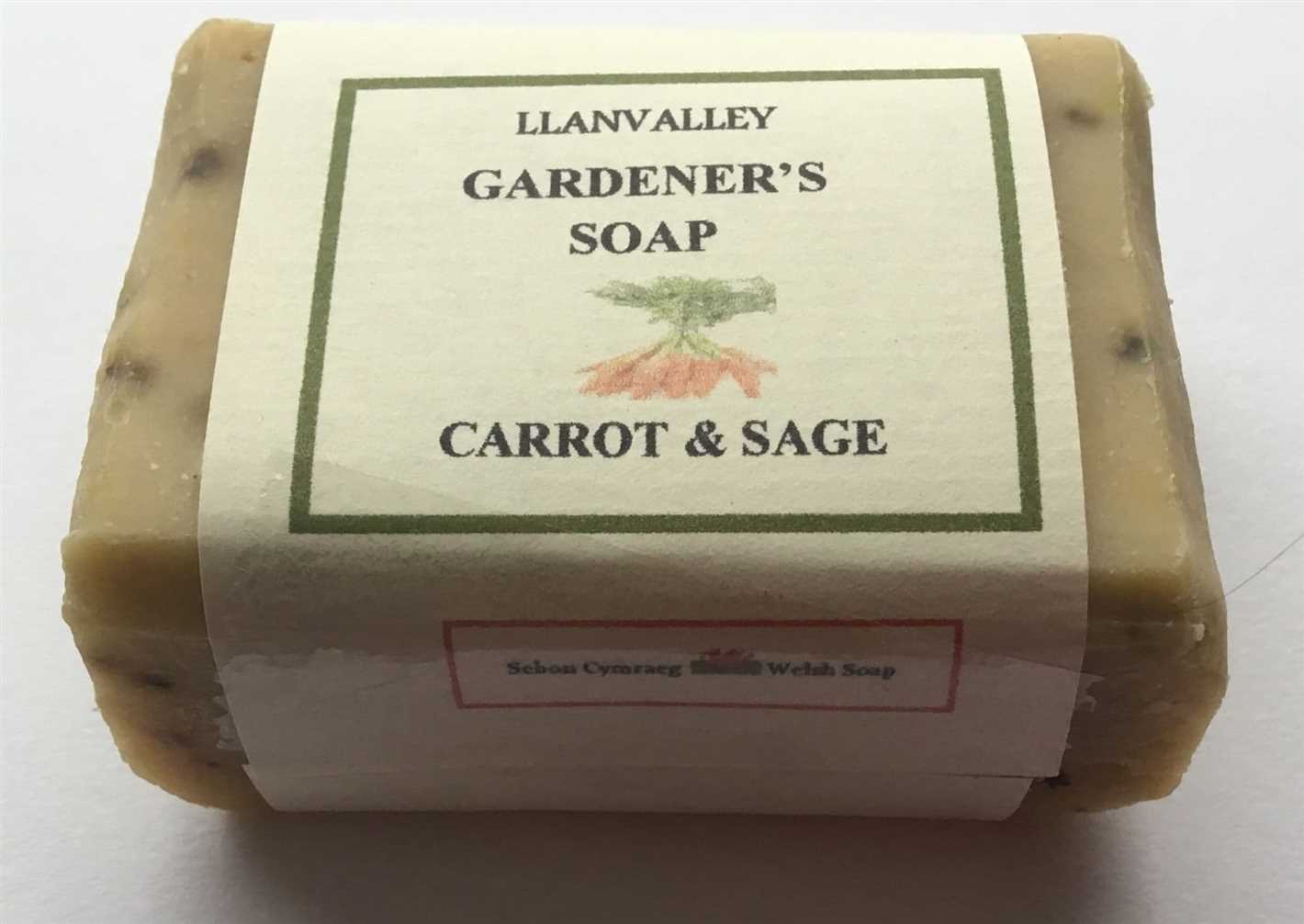
Here are a few additional tips to keep in mind when cleaning your garden tools with household soap:
- Use Different Brushes: Depending on the type of tool and the level of dirt or rust, you may need different brushes to effectively clean your tools.
- Apply Oil: After cleaning, consider applying a thin layer of oil to protect your tools from rusting.
- Clean Regularly: Make it a habit to clean your garden tools regularly, ideally after each use, to prevent the buildup of dirt and debris.
- Store Properly: Store your clean garden tools in a cool, dry place to prevent rust and keep them in good condition.
Conclusion
Household soap is a versatile tool for cleaning garden tools. Its gentle yet effective cleaning properties make it a great choice for removing dirt, stains, and debris from your tools. By regularly cleaning your garden tools with household soap, you can ensure they remain in good condition and perform at their best for years to come.
“Question-Answer”
What is household soap and how can it be used in gardening?
Household soap is a type of soap that is commonly found in households, such as dish soap or laundry soap. It can be used in gardening for various purposes. For example, it can be used as a natural insecticide to kill pests like aphids or spider mites on plants. It can also be used as a fungicide to prevent and control fungal diseases on plants. Additionally, household soap can be used to clean gardening tools or pots, as it can effectively remove dirt and grime.
Can household soap be harmful to plants?
While household soap can be used as a natural insecticide and fungicide in gardening, it is important to use it properly and in the right dilution. Using too much soap or using a soap that contains harsh chemicals can potentially harm plants. It is recommended to dilute the soap with water and test it on a small area of the plant before applying it to the entire plant. Additionally, it is advisable to use mild, natural soaps that do not contain harmful additives or fragrances.
Are there any organic alternatives to household soap for gardening?
Yes, there are several organic alternatives to household soap that can be used in gardening. One option is to use a solution of neem oil, which is a natural insecticide and fungicide. Another option is to make a mixture of water and garlic or onion, which can repel pests. Additionally, there are organic soap sprays available commercially that are specifically made for use in gardening. These organic alternatives are often safer for plants and the environment compared to household soap.
How often should household soap be used in gardening?
The frequency of using household soap in gardening can vary depending on the specific needs and issues in the garden. If there is a pest infestation or a fungal disease, the soap can be used as needed to control the problem. However, it is generally recommended to avoid excessive use of soap, as it can potentially harm plants. It is advisable to follow the instructions on the soap packaging or consult gardening experts for specific guidance on how often to use household soap in gardening.
Can household soap be used on all types of plants?
Household soap can be used on many types of plants, but it is important to consider the sensitivity of the plants. Some plants may be more susceptible to soap damage, especially if the soap is used in high concentrations or contains harsh chemicals. It is advisable to test the soap solution on a small area of the plant before applying it to the entire plant. Additionally, certain plants, such as succulents or plants with delicate foliage, may be more sensitive to soap and may require alternative pest control or fungicide methods.
Are there any precautions to take when using household soap in gardening?
Yes, there are a few precautions to take when using household soap in gardening. First, it is important to dilute the soap with water as instructed, and avoid using excessive amounts of soap. It is also advisable to wear gloves when using soap solutions to protect the skin. Additionally, if using soap on edible plants, it is important to thoroughly rinse the plants before consuming them. Lastly, it is recommended to use mild, natural soaps that do not contain harmful chemicals or fragrances.
